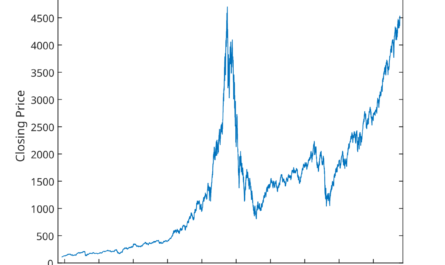
Eight fatalities have been confirmed following Israeli airstrikes in the Lebanese city of Sidon, with officials fearing that the death toll may rise further. The attacks, occurring amid ongoing tensions between Israel and Hezbollah, are reported to be the deadliest in Sidon since the resurgence of conflict over a year ago. Residents and local authorities have described the bombings as devastating, leading to significant destruction in the densely populated areas of the city.
This escalation comes as part of a broader conflict that has seen increased military actions across the region. In addition to Sidon, airstrikes have targeted various locations in southern Lebanon, prompting widespread panic among the civilian population. The Lebanese Army has reported that Israeli drones and artillery have been active in areas near the border, raising concerns about further military escalations and potential ground invasions.
The humanitarian situation in Sidon has become increasingly dire, with hospitals overwhelmed by the influx of injured civilians. Medical personnel have been working tirelessly to treat those affected by the bombings, and local organizations are calling for urgent assistance from international humanitarian agencies. The strikes have also disrupted basic services, including access to water and electricity, as infrastructure has been heavily damaged.
Israeli officials have justified the airstrikes by claiming they are targeting Hezbollah positions and military infrastructure, asserting that the attacks are necessary for national security. The Israeli Defense Forces (IDF) have stated that their operations are aimed at preventing further rocket fire into Israel from Lebanese territory. However, critics argue that these strikes disproportionately affect civilians and contribute to the growing humanitarian crisis in the region.
Eyewitness accounts from Sidon describe chaotic scenes, with residents fleeing their homes in search of safety. Local authorities have reported that many families have been displaced due to the bombings, and shelters are quickly filling up with those seeking refuge from the violence. Human rights organizations have condemned the attacks, calling for accountability and urging both sides to adhere to international humanitarian laws.
This cycle of violence has deep historical roots, as tensions between Israel and Hezbollah have persisted for decades. The recent spike in hostilities has drawn attention from various international actors, prompting calls for renewed diplomatic efforts to de-escalate the situation. Regional powers, including Iran and Syria, have expressed solidarity with Hezbollah, further complicating the already intricate geopolitical landscape.
As international mediators seek to intervene, the situation on the ground remains volatile. Analysts warn that continued military action could lead to broader regional instability, especially given the existing tensions between Israel and its neighbors. Reports indicate that Hezbollah has vowed to retaliate against Israeli strikes, raising fears of an extended conflict that could engulf not just Lebanon but also neighboring countries.
The humanitarian implications of this conflict are profound, with reports indicating that many civilians lack access to essential supplies. Aid organizations are struggling to provide relief to affected populations, and the ongoing violence hampers their efforts to reach those in need. The United Nations has called for an immediate cessation of hostilities to allow for humanitarian access and support for the displaced.
Public sentiment in Lebanon is increasingly against the continued military actions, with protests erupting in various cities calling for an end to the violence. Demonstrators have voiced their frustrations over the impact of the conflict on civilians and the worsening economic conditions in the country. Lebanon, already grappling with economic crises, faces further challenges as the violence escalates.
The international community is closely monitoring the situation, with various governments expressing concern over the civilian toll. Diplomatic efforts are underway to encourage both Israel and Hezbollah to engage in dialogue and seek a peaceful resolution. However, the entrenched positions of both sides make it challenging to find common ground.




